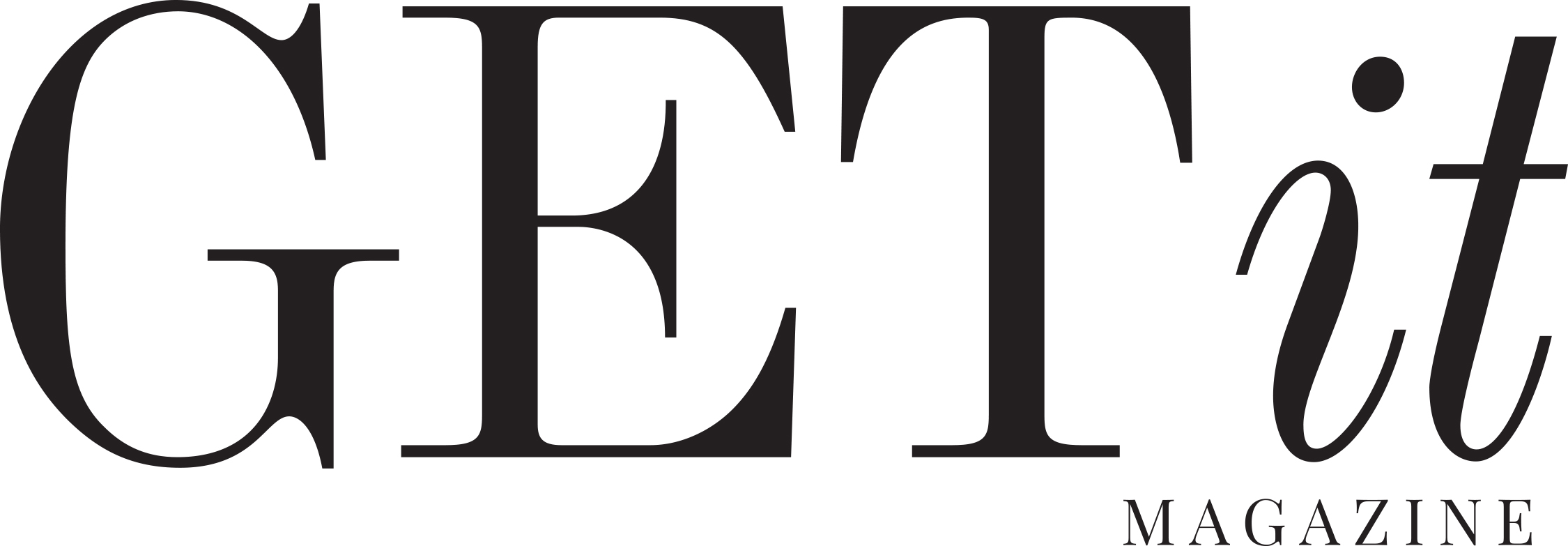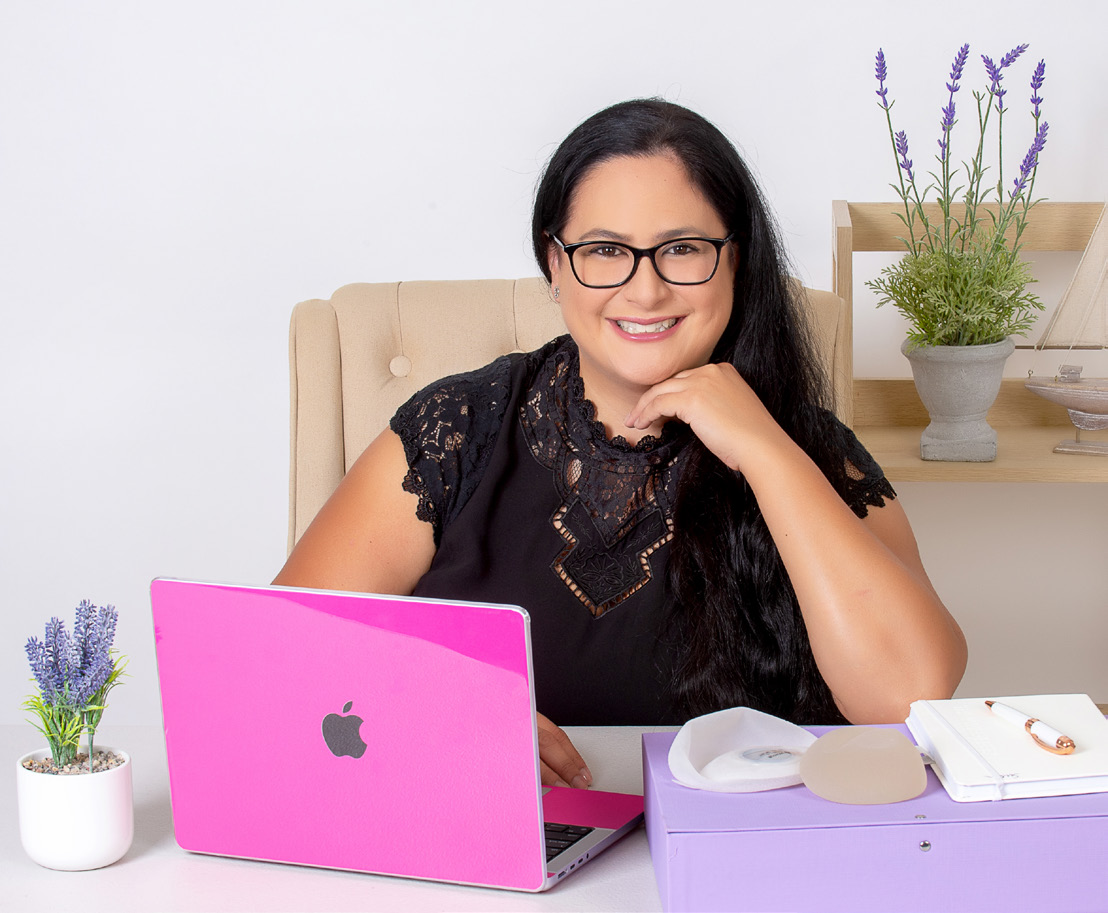YOUR GUIDE TO UNDERSTANDING BREAST CANCER RISK AND SCREENING OPTIONS
By Dr Susan Hawes
How common is breast cancer?
Over 21,000 Australians will be diagnosed with breast cancer this year. Risk of breast cancer
increases greatly after the age of 50. However, around 1,000 women aged under 40 are diagnosed with
breast cancer each year. 1:7 women and 1:550 men are diagnosed with breast cancer in their
lifetime.
I have felt a breast lump. Are most breast lumps cancerous?
No. Approximately 10% of breast lumps are cancers, and 90% are not cancer. It is important to have
any new breast changes investigated with your doctor. This can include a new lump, dimpling of the
skin, new onset redness, nipple changes such as crusting, ulceration, abnormal nipple discharge or
new onset of nipple inversion.
Should I be checked out if I had a normal screening mammogram last year?
Yes. If a patient develops new breast symptoms these should be checked with a doctor. BreastScreen
is a health initiative that aims to reduce illness and death from breast cancer. Women aged 50-74 are
actively invited to free mammogram screening every 2 years. Women aged 40 to 49 or over 75 can also
attend who do not have breast symptoms. Some women can also undergo breast checks and have breast
imaging organised with their general practitioner.
Can women with breast implants have mammograms?
Yes. It is generally safe to have a mammogram with breast implants. However, it is important to
advise the imaging company or BreastScreen beforehand so that the best images can be obtained.
What is breast density?
Breasts are made of a mixture of glandular tissue, fibrous connective tissue, and fatty breast
tissue. It is not something that can be determined when breasts are examined.
Only a radiologist looking at a mammogram can tell if a woman has dense breasts. Density describes
the relative amount of these different types of breast tissue as seen on a mammogram. Dense breast
tissue has relatively higher amounts of glandular and fibrous connective tissue and relatively low
amounts of fatty breast tissue. Dense breast tissue can make mammograms more difficult to interpret
because dense breast tissue and abnormal changes both appear white on mammograms whereas fatty
tissue appears dark. This can result in women with dense breasts being called back for more
follow-up testing to reduce risk of missing cancer. At present there is not enough evidence
to recommend more testing in women with dense breasts; however, breast MRI, USS and contrast
mammograms are tests that can give doctors more information to reduce the risk of missing cancer.
You can discuss this with your GP or be referred to a breast specialist to discuss this further.
Are dense breasts common?
Yes, dense breasts are common. Nearly half of all women who are 40 and older who get mammograms are
found to have dense breast tissue. Higher breast density can be
hereditary, is associated with low body mass index and may be seen in women who use hormone
replacement therapy for menopause symptoms. Lower breast density can be due to increasing age and
having had children.
What is a strong family history?
Having 2 or more people in the family – particularly first- degree relatives (mother, sister or
daughter) who meet any of the following criteria is classified as strong:
• Breast cancer before age 40
• Triple negative breast cancer
• First degree relatives with breast or ovarian cancer
• Breast or ovarian cancer in the same woman
• Male breast cancer
• Breast cancer that occurs in both breasts
• Ashkenazi Jewish history
• Many people on the same side of the family affected
by breast, ovarian, pancreatic, prostate cancer, sarcoma or melanoma.
95% of breast cancers have nothing to do with family history.
What tests will be performed if my doctor is suspicious of breast cancer?
After thorough history and clinical examination your doctor may order the following. Breast imaging
such as mammogram and ultrasound and in some instances breast MRI. Diagnosis also requires taking
some tissue with a biopsy which is usually performed by a radiologist and involves a fine needle
biopsy or core biopsy. If you are diagnosed with breast cancer then you will be referred to a
surgeon to discuss further treatment options.
What if I have breast cancer?
Many people diagnosed with breast cancer are successfully treated. Finding breast cancer early
offers the best chance of successful treatment and recovery. The five-year survival rate for Stage
1 (early) breast cancer is, on average, 100% and Stage 2 is 95%. For locally advanced cancers
(known as Stage 3) the survival rate is 81%, while the five-year survival rate for Stage 4
(metastatic breast cancer) is significantly lower at 32%.
Further information.
Having a breast problem can be very stressful, particularly if you need lots of tests. Some women
who receive the all-clear with their results may find it takes time to stop worrying. The best contact is
initially your general practitioner to speak to about any breast concerns you have and they can refer you to a breast
specialist if required.
Talking with your partner, family or friends can be helpful, or you can call the Cancer Council
Helpline on 13 11 20.
About Dr Susan Hawes:
Dr Susan Hawes from Gold Coast Breast Surgery is a local gold coast surgeon specialising in the
treatment of breast conditions such as breast cancer surgery, screening and benign breast
conditions.
She is also an experienced general surgeon who cares for patients with general surgical
conditions-including gallbladder problems and hernias.
Dr Hawes grew up on the Gold Coast and completed her medical training at Griffith University. She
was accepted into general surgery training and has gained experience from her training all over
Queensland. She completed further specialist training in breast cancer surgery and reconstruction
in Canberra and Chris O’Brien Life House Hospital in Sydney.
She is a mother of two young children and is compassionate and understands the needs of patients
diagnosed with breast cancer.
For more information on Dr Susan Hawes visit:
Dr Susan Hawes
B.Pharm MBBS FRACS
Suite 1, Ground Floor
Gold Coast Private Hospital 14 Hill Street
Southport Qld 4215
P 07 5605 9888
goldcoastbreastsurgery.com.au
[email protected]


